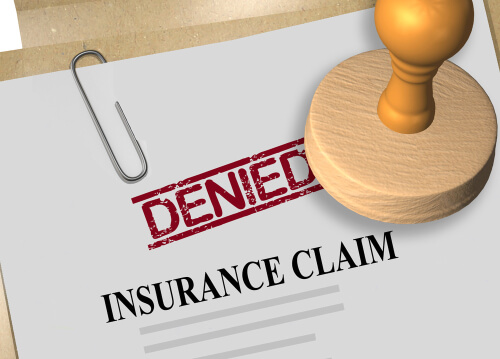
LIFE HACKS
Friday, November 12
What can invalidate your insurance?
Insurance is a contract between two parties which will only continue to be valid if both parties stay true to their end of the bargain. As an insurance holder, not holding up your end of the contract will invalidate the contract and may short-change you when making claims.
Here are some ways you may render your insurance invalid:
- Not providing material information to your insurer: Insurers will usually ask questions at the beginning of the policy to which you are expected to provide accurate and honest answers. If it is found at the point of a claim that the answers you have provided to the questions are inaccurate or dishonest, your policy may be rendered invalid, and claim may be denied. If for example a health insurer asks for pre-existing conditions and the insured person does not disclose, the insurer will not be liable to pay for illnesses because of such conditions.
- Engaging in activities that are excluded under the policy: Policies usually have standard exclusions (things that are outrightly not covered under the policy). Engaging in such activities may render your policy invalid especially if those activities lead to a claim. For example: if a life insurance policy excludes scuba diving and the policy holder becomes disabled as a result of scuba diving, the insurer is no longer liable to pay the claim even though the policy covers permanent disability.
- Not intimating your insurer about improvements/changes to assets: Improvements/changes made to an asset should be communicated to the insurer. Failure to do this may make the policy invalid.
- Making dishonest/fraudulent claims: False claims for financial gain or engineering your claims to benefit from your insurer can make your insurance invalid if found out.
It is important to read the terms and conditions of your insurance policies to avoid invalidating your insurance policies.



.jpg)
.jpg)
.jpg)